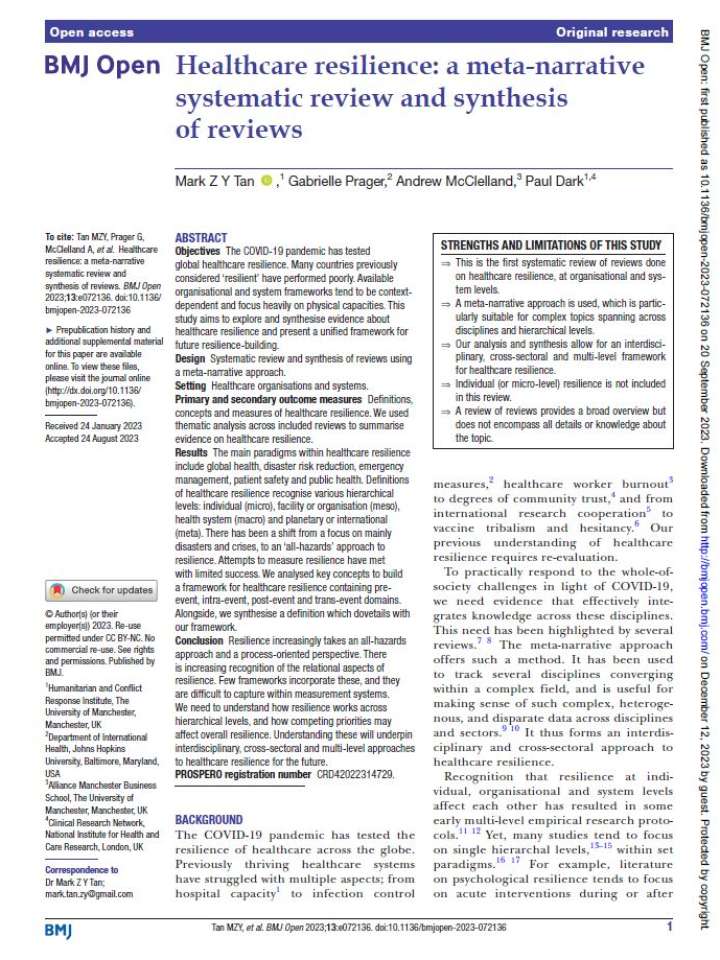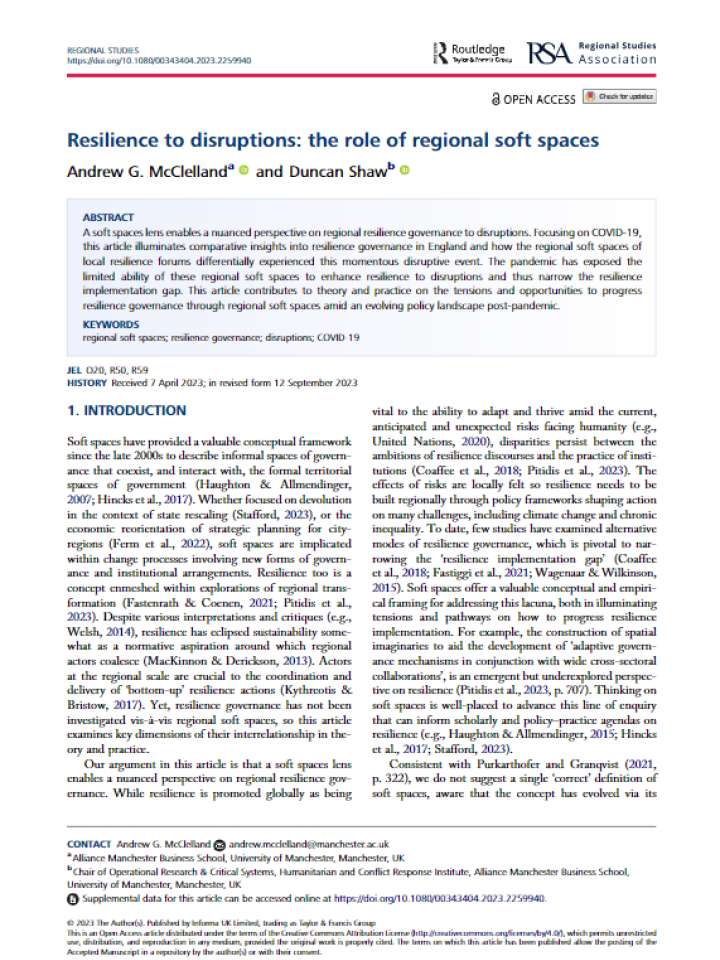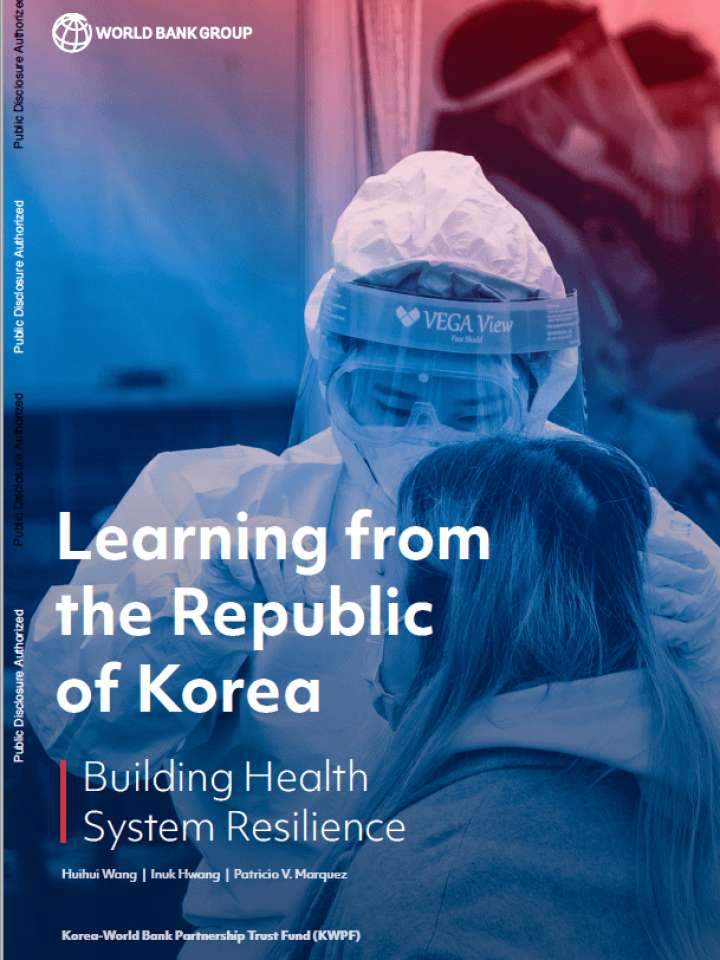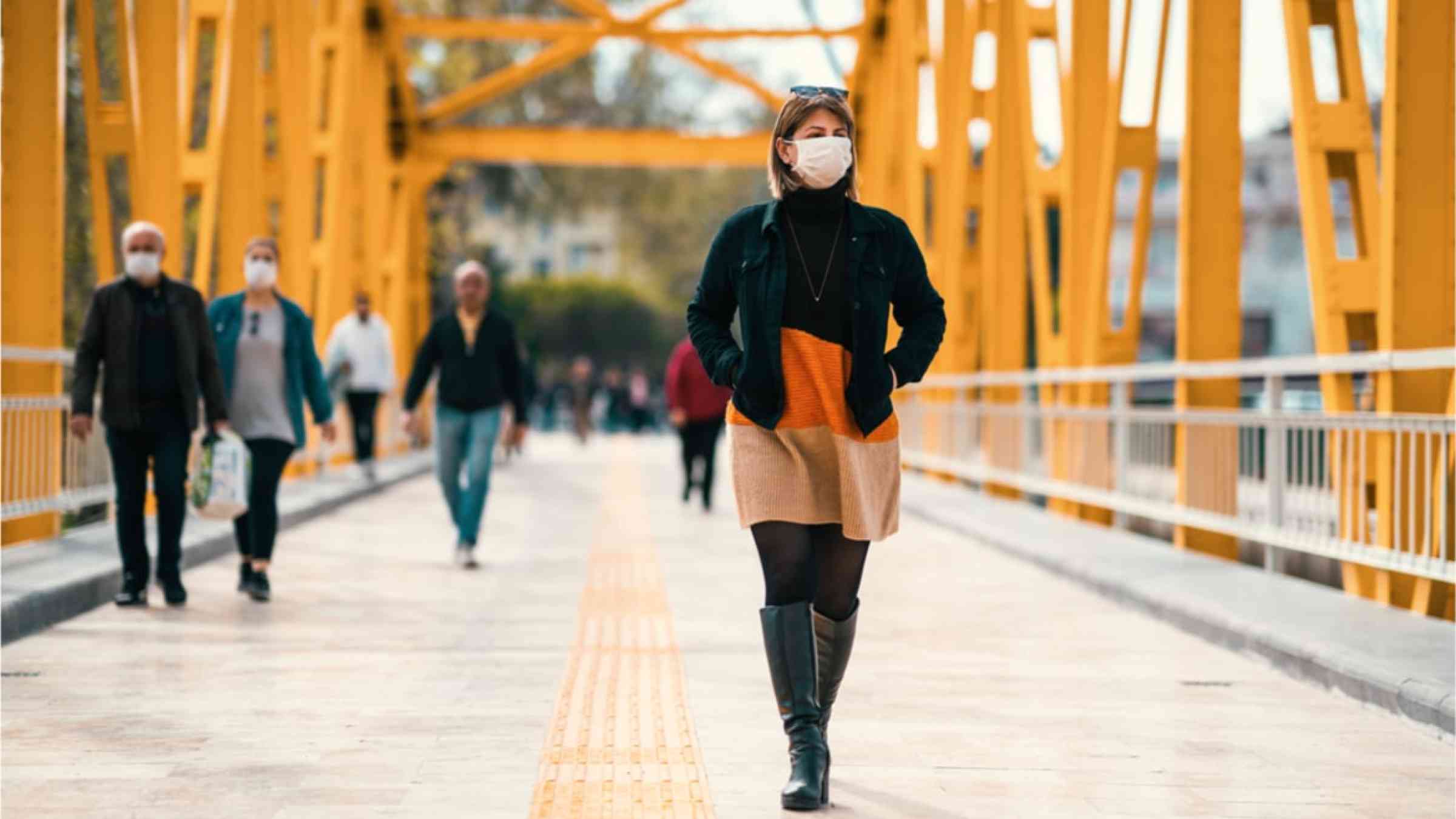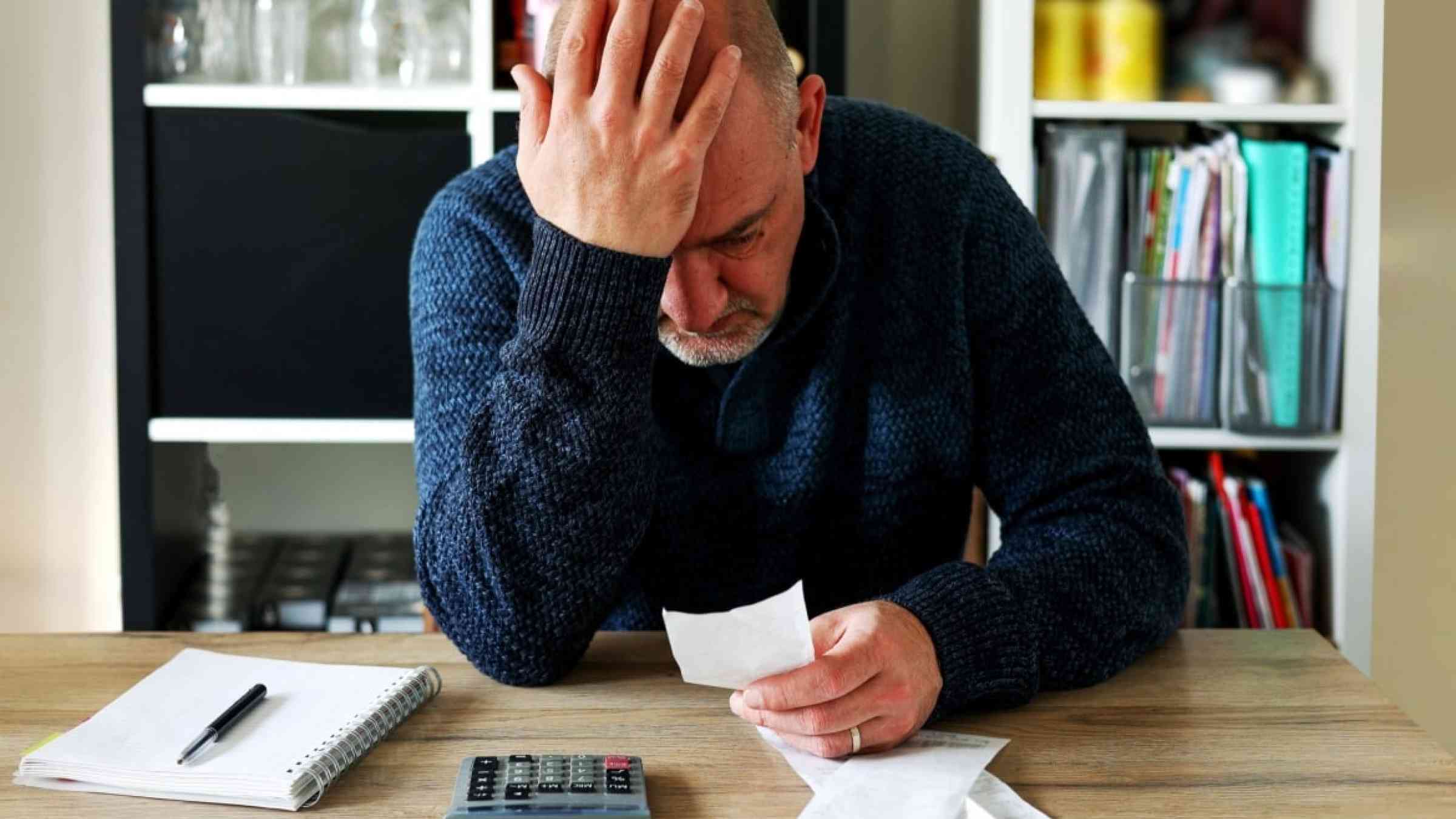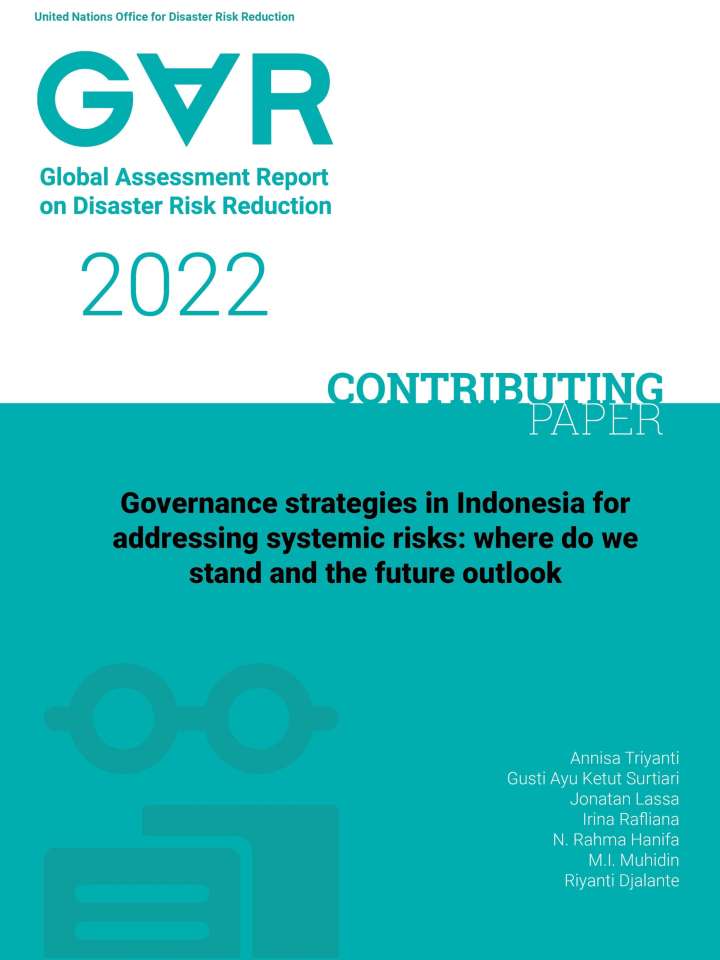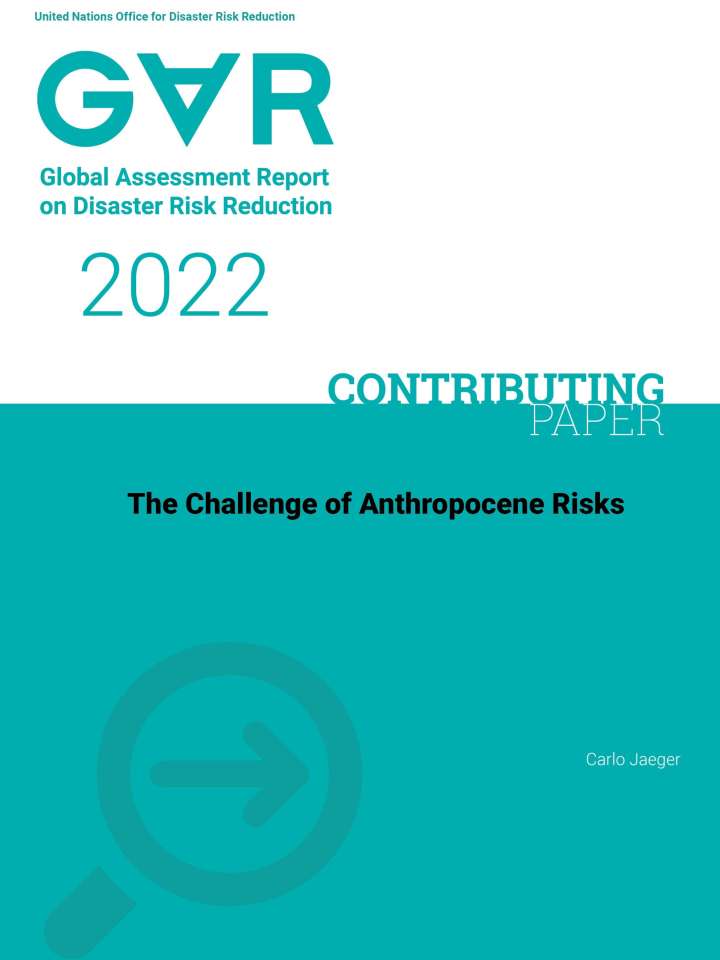- Home
- collections
The COVID-19 pandemic and the systemic nature of risk
Image
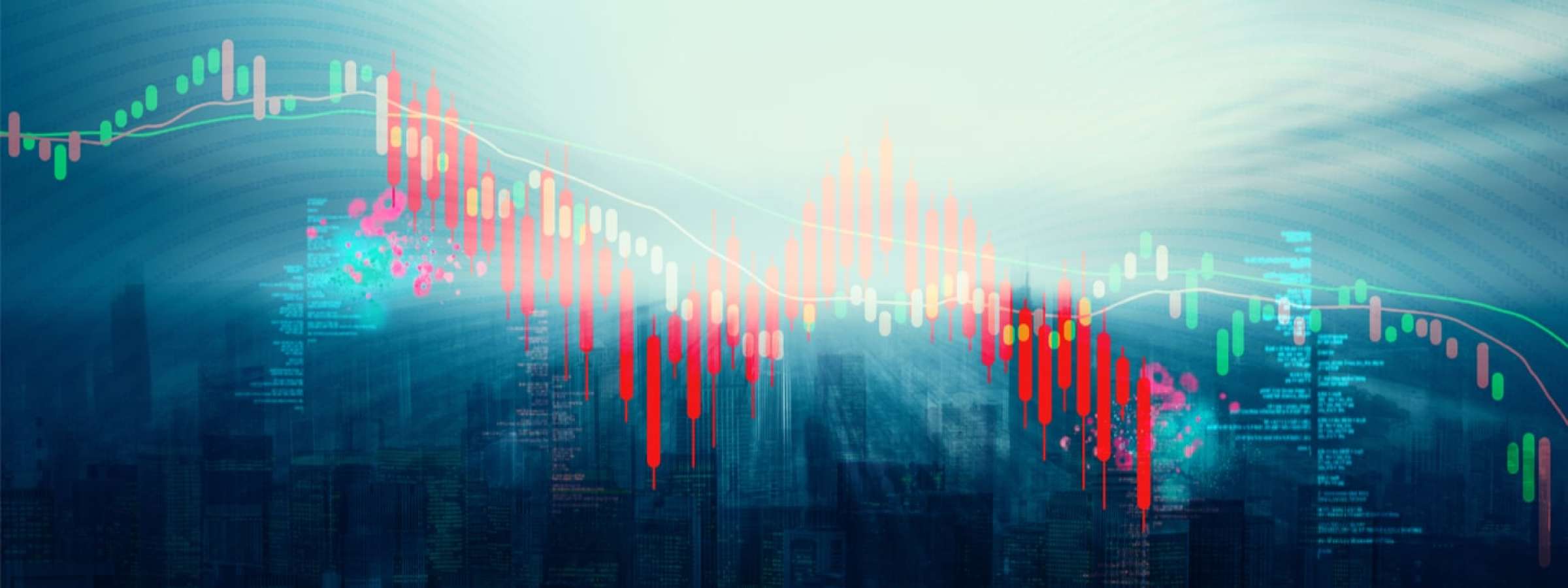
Introduction
The widespread impact of the COVID-19 pandemic illustrates the systemic nature of risk. This series explores what needs to change so the world can shift from managing disaster to managing risk.
